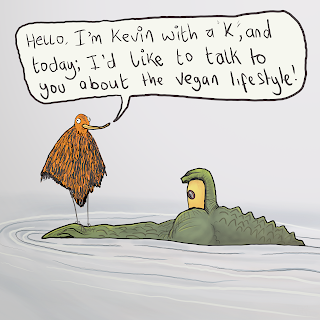What's an Archetypal 'Modern Occultist'?
Have you ever wondered what occultists look like these days?
In reality, if you're writing a book, it would be cool to make your modern occultist someone different to the pale skinned moody satanic goth. Honestly, enthusiasts of the esoteric are a diverse bunch, many of them come across as regular people.
Isn't it all weird and dark?
Agreed ceremonial rituals and things like divination with presences might seem odd, but the less grand stuff like sigil magick; which, for instance, the comic book legend, Grant Morrison practices as a Chaos Practitioner is most common. Chaos Magick is a late twentieth century movement based on the occult works of the artist Austin Osman Spare. Another common type of magick is found in Wicca and Eclectic or folk magick. In this blog, I'll share a worldview of someone called Baz, a bit of mystical bloke inspired by Hermeticism and Chaos Magick theory.
Pre-determinism is a physical thing: context.
Our world, according to Baz, is full of pre-determining and competing factors that are diverse and unseen, some of which, we are still unaware. Ten thousand years ago, after developing agriculture, we acquired more free time, and then we invented stuff like writing, as well as mathematics and new technologies. These outcomes manifested because of determining factors, which we often, colloquially call 'fate' today.
Baz is always using his comparison of how we commonly modify our dogs behaviour with food rewards; this is his way of showing how dogs (like other animals) are slaves to their bio-programming. We know how their barking at the door indicates a visitor, we are aware our food causes them to beg. Their actions are predictable. When we learn the biological drives of a creature, we recognise their robot-like perogatives. Even though, we are susceptible to the same rules ourselves.
That being said, our evolutionary history hit the jackpot; our mind awakened and challenged its own instinctive urges and reactions. We stopped to think and formed disciplined arts. Baz is under the belief that tell tale signs can be seen across time and civilisation of our self awakening. Some cultures call it the divine spark, what ancient Greeks called Synderesis, Quakers call it our inner light, our word 'soul,' originated from Old Saxon 'Sēola'.
As mentioned above, our sharpened sentience emerged and ancient religious, philosophical and esoteric writings have wrote about it; even science says humans started cooking meat, gaining extra nutrients that served to improve the human cerebral cortex. Our high levels of the foxp2 gene has helped to enable us to communicate complex ideas. Trying my best to avoid sounding like Graham Hancock here, but, it seems that eastern dharmic traditions value thought and experience with the divine. These are perennial themes.
"Romans 8:16 implies the Holy Spirit bears witness with our spirit, which is shows there is a spiritual essence within us that is connected to God."
Baz is a biologist and is quick to remind me that as humans, our bodies are driven by the same essential biomechanical determinants as what we see with animals. This is also part of his occult view: Oxytocin brings us love and desire, with help from Vasopressin, Dopamine, Seratonin, Norepinephrine, Testosterone and Estrogen. Ghrelin is responsible for letting you think you are hungry, it isn't your mind, but the flesh. That inner voice warding off another portion of chips; that's leptin.
Our anger, shame and self worth, these aspects about who we believe we are; our politics, spiritual convictions, culture or our taste in music, can all be influenced by these pre-determining forces. Fate, is very much the chaos that provides the natural order. It is a blessing that we can choose to discipline ourselves and think.
Maybe, it could be argued, humanity just turned mentally diagnosable and somewhat increasingly egocentric. Baz doesn't see eye to eye with me on this one! I found support in the words of Arthur Shopenhauer, who thought our suffering is greater than the suffering of animals—did we lose the plot? Well, this German philosopher made an interesting point by saying that all of nature, including our own, is an expression of an unquenchable will. I think he was talking about physical motivators like determining factors that drive desire.
True, even strict Buddhists might agree with Shopenhauer in principle; possibly mentioning the parable of the thirsty man drinking from the sea, it sort of fits. The colour and fragrance of Buddhas flower, might not be harmed by the bee that gathers nectar, but in our own lust to gain profit, we humans destroy eco-systems, just to produce and sell paper. Human being clearly aren't all wise.
"Tathagatagarbha Sutra. Good sons, this Dharmakaya of the Tathagata is eternal, permanent, pure, and joyful. It is the self-nature of all beings, the Tathagata embryo. All beings possess this Tathagata embryo, but it is covered by the five skandhas. When this Tathagata embryo is liberated and uncovered, it can comprehend the ultimate reality."
Wait a second, don't think this is a religious blog or any kind of bleeding heart appeal. Not going there. I'm only sharing hermetic views of a chaos guy called Baz, in relation to predestiny and magick.
Baz believes human will and indeterminism have something in common; people are inherently irrational but strive to be rational. Human behaviour is not always predictable. Our collective choices and actions influence the course of lives and the world. Timeless pursuits for power and progress are dogs fighting for the bone; it's egocentric and a biology thing more so than anything spiritual. Baz thinks that developments in creativity, commerce, politics and religion, as well as critical thinking have contributed to liberate us from our mental poverty, but it has caused problems.
Sigil Magick: An Example of Magick.
These things are intent and symbol manipulation. Below is an example of your intent for a sigil.
THIS IS AN EXAMPLE OF INTENT
What we do is cancel out vowels:
THIS IS AN EXEMPLE OF INTENT
Leaving this:
THS S N XMPL NTNT
Then we reduce it down by chopping off duplicate letters:
T H S N X M P L
Now draw a circle and get creative with your letters. This could mean translating them into other symbolic equivalents: Akkadian, Braille, Cuneiform, Dutch, Enochian, whatever, you're in charge. Make your basic sigil:
After this, we might want to simplify again, because the intent has to become symbolic:Now you have your sigil, you have to charge it. This can be done in more than one way. Engage with the sigils you make in an altered mental state, it does something. People might choose an empty thoughtless meditative state, others might use intoxicants, or reach musical euphoria, everyone has their own way—again, you're in charge, it's your will. Then, when the time is right, destroy the sigil to release it or try something else.
In Wicca—according to the complete book of witchcraft—sigils seem to be formed in a similar way to Chaos Magick sigils. It's the same letter alteration, manipulating a new form from a statement of intent. Shaping a unique, abstract symbol. In all traditions, the sigil is always charged, be that with energy through a chant, ritual, blood, or meditation, before it's final release to the world.
Sigil magick is subjective at the end of the day, and quite unverifiable by science; Baz said, 'we don't test the fisherman who reckons he can catch big fish, but we know the fish are present.' No magician can magic their enemies cheek into a vagina, it's not like fiction. Some practitioners believe their efforts influence the crazy undercurrent of the quantum world; there are scientists and philosophers who suspect quantum mechanics and consciousness are somehow connected. However, belief in Mana or Gnostic concepts, such as The Fullness or Abraxas and then we have Goetia and demonic work. Diversity.
In Thelemic and Hermetic traditions, sigil creation may likely involve Kabbalistic sephirot, Egyptian or Gnostic ideas. A sigil can mix letters and numbers, including seperate symbols altogether, resulting with a complicated design.
"The Corpus Hermeticum. What dost thou, father, mean by this? The mind is parted from soul and soul from spirit? Whereas thou said'st the soul was the mind's vesture, and the soul's the spirit."
A few times, Baz, has insisted to me that no level headed sigilist should waste time trying to defeat the will of a country who have a vested interested in the lottery jackpot. Even with an extraordinary display of will power, faith and magick, winning is very unlikely to happen. Dreams of wealth and prestige are a physical motivation, influencing a win undermines the game. That being said, people have successfully used sigils to attract money in different ways.
"Katha Upanishad. The Self, smaller than small, greater than great, is hidden in the heart of every creature. A man who is free from desires and free from grief, with mind and senses tranquil, beholds the Self through the grace of the Creator."
Sigils in Chaos Magick might draw from any magical and philosophical or religious system, including Thelemic and Hermetic or Satanic, Celtic, Christian, Lovecraftian or even the power of Loony Tunes. It's said, nothing is true but rather permitted, if you even permit that. Liber Null will tell you, the Chaos Magician is intuitive and experimental; the subjective experience of the practitioner is an alternative any set of rules.
How does will interact will the world?
However, starting with skepticism, is it fair to say reports of successful sigil magick could have happened naturally anyway? For example, an unlikable person commits a crime, and as a result, a chaos dude magics out some justice, which the law manifests! Looks good, but, on yer bike—let's call this magical interloping.
The placebo effect is similar, especially, say, if a person sets off a sigil to ease their own depression. The practitioner's belief in the power of the sigil or ritual, can, in fact, lead to changes in behavior, and then, in turn, his environment. This is not magical-interloping, but rather a form of placebo. Placebo's mind over matter, has an inspired belief providing physical and mental outcomes—by definition, a form of magick. But, come on, really? Yes.
Quantum mechanics is indetermined, existing in the fundamental level. Particles can exist in multiple states simultaneously, there is an inherent randomness in particles and we are still unsure how any of this might affect our world. However, it is smaller than the everyday natural physics we see daily, but increasing evidence suggests our minds may interact with it somehow. This could be pseudo-science, but a respectable line of research could make a great discovery. Speculative, but scientific claims about such things do exist.
We can't ignore Chaos Theory of John Nash, which suggests that complex systems, like the weather, ecosystems, and even human behavior, can come across as random and unpredictable over time. It's a kind of semi randomness that'll emerge from multiple interplays between components within a system.
The observation effect, in physics, shows that to measure or observe fundamental particles causes them to alter their bevaviour into that of waves. The double-slit experiment has shown this repeatedly. The key question: what is the role of the observer in shaping micro-reality?
A lot of us have a philosophy or a religion, some kind of theurgy and some of us agnostics and atheists enjoy esoteric practices; it's another spiritual path and shouldn't be judged or seen as a threat.



.png)

.jpg)
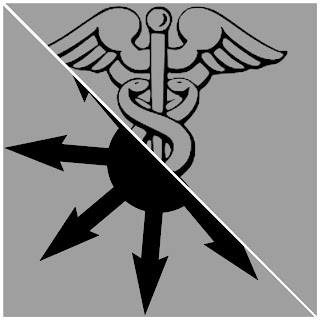


.jpg)
.jpg)
.jpg)

.jpg)
.jpg)
.jpg)
.jpg)
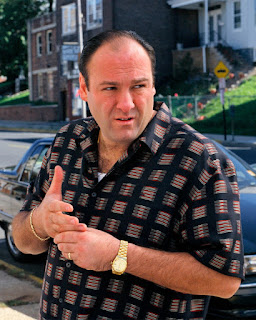


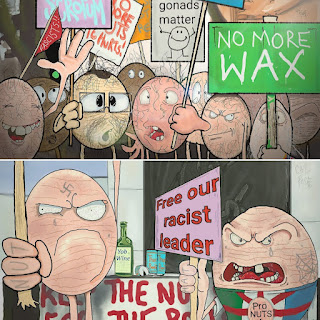
.jpg)

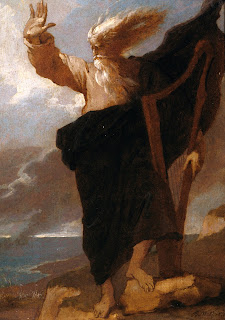


.jpg)
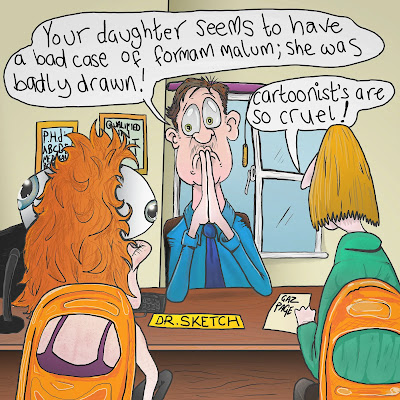
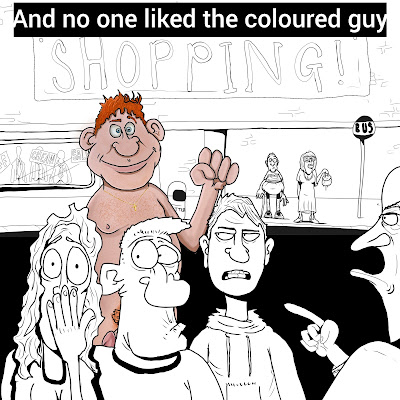


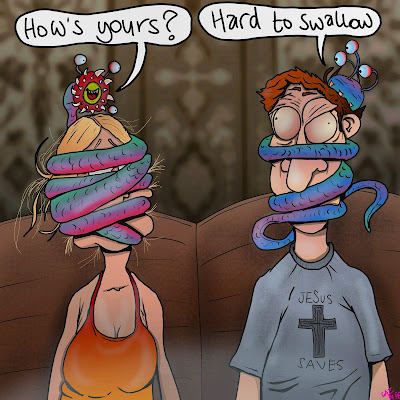

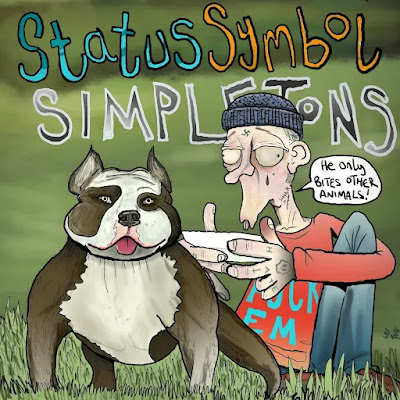
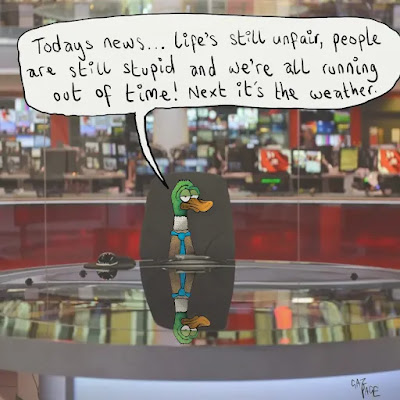
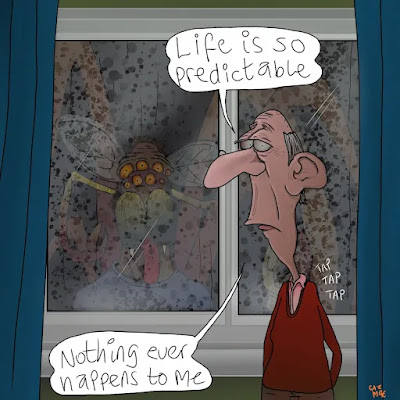
.jpg)
